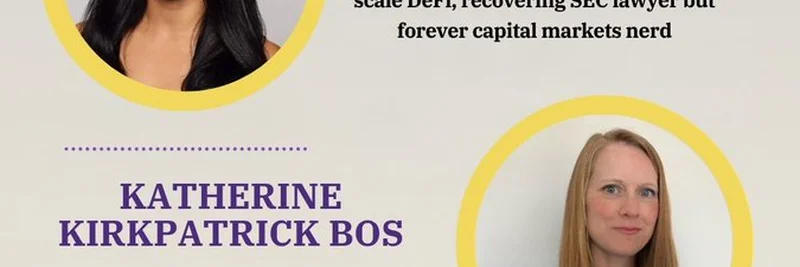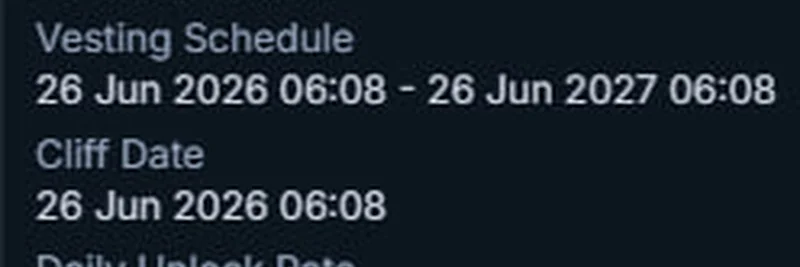In a recent tweet, crypto journalist Laura Shin shared a compelling clip from the inaugural episode of "DEX in the City," a new show under her Unchained banner. The clip features Jessi Brooks from Ribbit Capital, diving into what decentralization truly means in the world of decentralized finance (DeFi). For those new to the term, DeFi refers to financial services built on blockchain technology, allowing users to lend, borrow, trade, and more without traditional banks.
Brooks challenges the common misconception that decentralization equals anarchy. Instead, she frames it as a "bottom-up" approach where users, projects, and protocols get to decide on rules and standards. "Decentralization is not about having no rules or standards," she says, "but it's rather a bottom-up choice of how to embed rules and standards if you want—or not."
This perspective resonates deeply in the meme token space, where volatility and community-driven decisions reign supreme. Meme tokens, often inspired by internet culture or viral trends, thrive on platforms like Solana's Pump.fun. Interestingly, the "DEX in the City" show itself launched on Pump.fun with its own token (view it here), blending educational content with the playful side of crypto.
Brooks emphasizes choice: users can opt for more security and safety or embrace higher risk for potential upside. This mirrors how meme token traders operate—some prefer audited projects with locked liquidity for safety, while others chase high-reward pumps knowing the risks. In DeFi, tools like decentralized exchanges (DEXes) empower this freedom, letting you self-custody assets (holding them in your own wallet) or engage in yield farming for extra returns.
The discussion ties back to recent events like the Balancer hack, highlighted in the full episode. Balancer is a DeFi protocol for automated market making, and exploits like this raise questions about responsibility in code vulnerabilities. Brooks and co-hosts Tuongvy Le and Katherine Kirkpatrick Bos debate whether "pure DeFi" is achievable or if some centralization is inevitable for user protection.
For blockchain practitioners, this insight is gold. Meme tokens often start as jokes but evolve into communities testing DeFi limits. By prioritizing choice, developers can build more resilient ecosystems. If you're trading memes, consider your risk tolerance—do you want the safety net or the thrill of upside?
Check out the full episode on YouTube for more on crypto law, Senate bills, and DeFi's future. As meme culture intersects with serious finance, understanding these choices keeps you ahead in the game.



